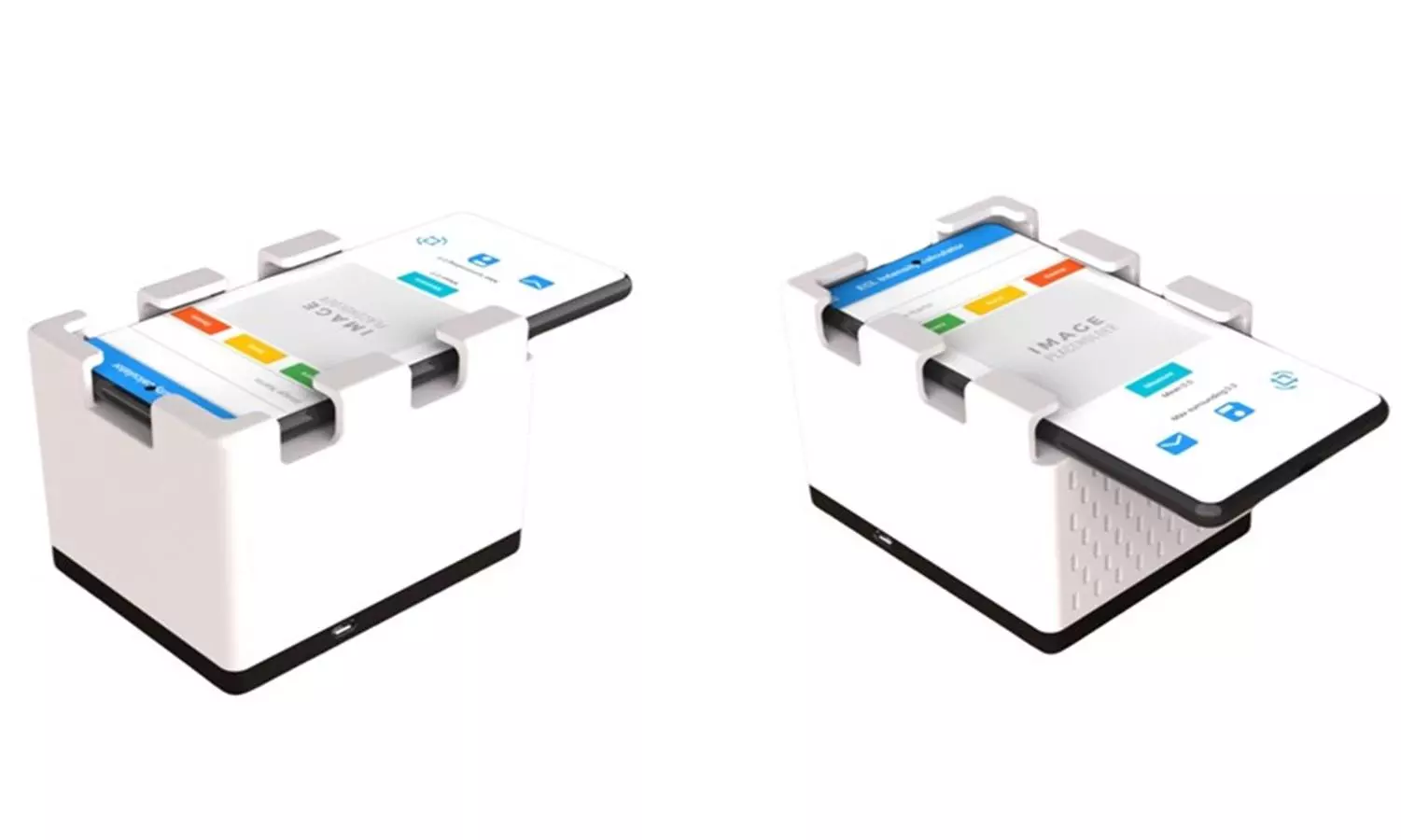Hyderabad Researchers Develop Affordable Diabetes Testing Device

Hyderabad: A team of researchers from BITS Pilani-Hyderabad, including a Class 12 student, a PhD scholar and a college professor, has developed an affordable device to help people with diabetes monitor their health. The device works with a smartphone to test glucose, lactate, and other markers for diabetes, using machine learning (ML) to ensure accurate results.
Prof. Sanket Goel, principal investigator, and PhD scholar Abhishek Kumar of the MEMS, Microfluidics, and Nanoelectronics (MMNE) Lab at BITS-Pilani, and Shashwat Goel, an intern from Oakridge International School, Bachupally, collaborated and developed a standalone, handheld platform that can connect to users' smartphones to allow continuous monitoring of biomarkers.
This device is non-invasive, meaning no needles are required. It can detect the biomarkers from sweat or urine. The device is expected to cost around Rs 700-Rs 800 per unit, and each test could cost as little as Rs 10 when produced in bulk.
The study has been published in the journal 'Computers in Biology and Medicine’ by Elsevier and supported by the Telangana Council of Science & Technology (TGCOST) and the Council of Scientific and Industrial Research (CSIR).
The key technology behind this device is called electrochemiluminescence (ECL), which is a sensitive and accurate way to detect disease markers. Previous ECL systems were not very accurate because they relied on manual methods.
To solve this problem, the researchers developed a machine learning-based programme that automates the process of analysing the signals. This new programme not only improves accuracy but also simplifies the process for users.
Prof. Goel elaborated that the system had been tested to detect glucose and hydrogen peroxide, both of which are important for diagnosing and monitoring diabetes. The smartphone-agnostic device has shown potential for future use in point-of-care settings and could be commercialised soon.
“ECL works by producing light during a chemical reaction, which happens when certain diabetes biomarkers (like glucose, lactate, hydrogen peroxide, and uric acid) trigger electroactive reactions. This light, or ECL signal, is sensitive and accurate enough to detect glucose,” explained Abhishek Kumar.
"The results were amazing. By choosing various ML models, we were able to process the data received from these biomarkers to measure various biomarkers accurately. This opportunity further motivated me to be a socio-techno entrepreneur to address such a silent epidemic," said Shashwat Goel.
The device will soon be used in PHCs in the state for diabetic patients.

